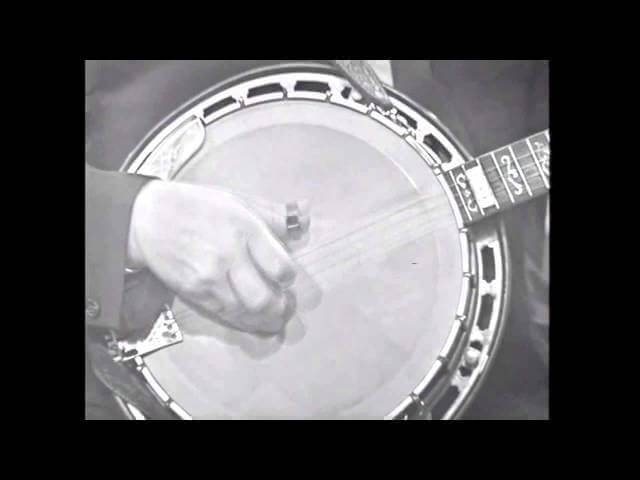R.I.P. bluegrass legend Ralph Stanley

Multiple outlets are reporting that Ralph Stanley, one of the last surviving members of the first generation of American bluegrass singers, has died. Stanley, 86, was one of the most honored men in the field of country and folk music, receiving three Grammys, numerous hall of fame inductions, and recognition as a “Living Legend” by the U.S. Library Of Congress.
Born in Southwest Virginia in 1927, Stanley started playing banjo at the age of 15, after a childhood picking up old church songs like “Man Of Constant Sorrow” from his devout father. After a brief stint in the Army, he partnered up with his brother, Carter, to form the Stanley Brothers, and the pair would tour and play together, backed by their Clinch Mountain Boys band, off and on for the next 20 years. (The band was forced to briefly disband in the early ’50s, with the brothers taking jobs together at the Ford Motor Company in Detroit.) Carter provided vocals and guitar, while Ralph lent his expert banjo technique (still known in some places as “Stanley style”) and high tenor voice to the band’s numerous albums and radio performances. The duo were signed to King Records in the late 1950s, where they rubbed elbows with a wide variety of musicians, both bluegrass-influenced and otherwise. (According to Stanley, label-mate James Brown was hanging out in the studio when the band recorded their 1961 hit “Finger Poppin’ Time.”)
Carter Stanley died in 1966 from complications of cirrhosis, leaving Ralph Stanley with a dilemma: continue on as the new bandleader, or retire to civilian life. After a brief struggle, Stanley opted to keep the Clinch Mountain Boys together, and would continue to tour with the band for the next 50 years. During that long career of touring, performing, and recording, Stanley earned himself an honorary doctorate in music from Lincoln Memorial University, giving rise to the title by which he was best known, “Dr. Ralph Stanley.”
Never comfortable with the straightforward term “bluegrass” for what he played, Stanley described his music as “old-time, mountain style, what they call ‘bluegrass’ music” in his 2009 biography Man Of Constant Sorrow. As the years progressed, Stanley was forced to mostly give up the banjo, instead focusing on his distinctive vocal peromances. His voice, swooping, solemn, and deeply authentic, earned him his first two Grammy wins in 2000, when The Coen Brothers’ O Brother Where Art Thou kicked off a widespread mainstream fascination with roots music. Stanley contributed a Grammy-winning a capella performance of the old standard “O Death” to the movie, and shared in the film’s soundtrack album win.
O Brother Where Art Thou revitalized Stanley’s career, exposing his music to a massive audience. He continued to tour with the Clinch Mountain Boys—now including his son, Ralph Stanley II, as lead vocalist—for the next 15 years, performing anywhere his music and skills were still prized. He died earlier today, leaving behind a 70-year musical legacy, his place as the oldest living member of the Grand Ol’ Opry, and what were sometimes reported as more than 100 albums of “old-time, mountain style, what they call ‘bluegrass’ music”.